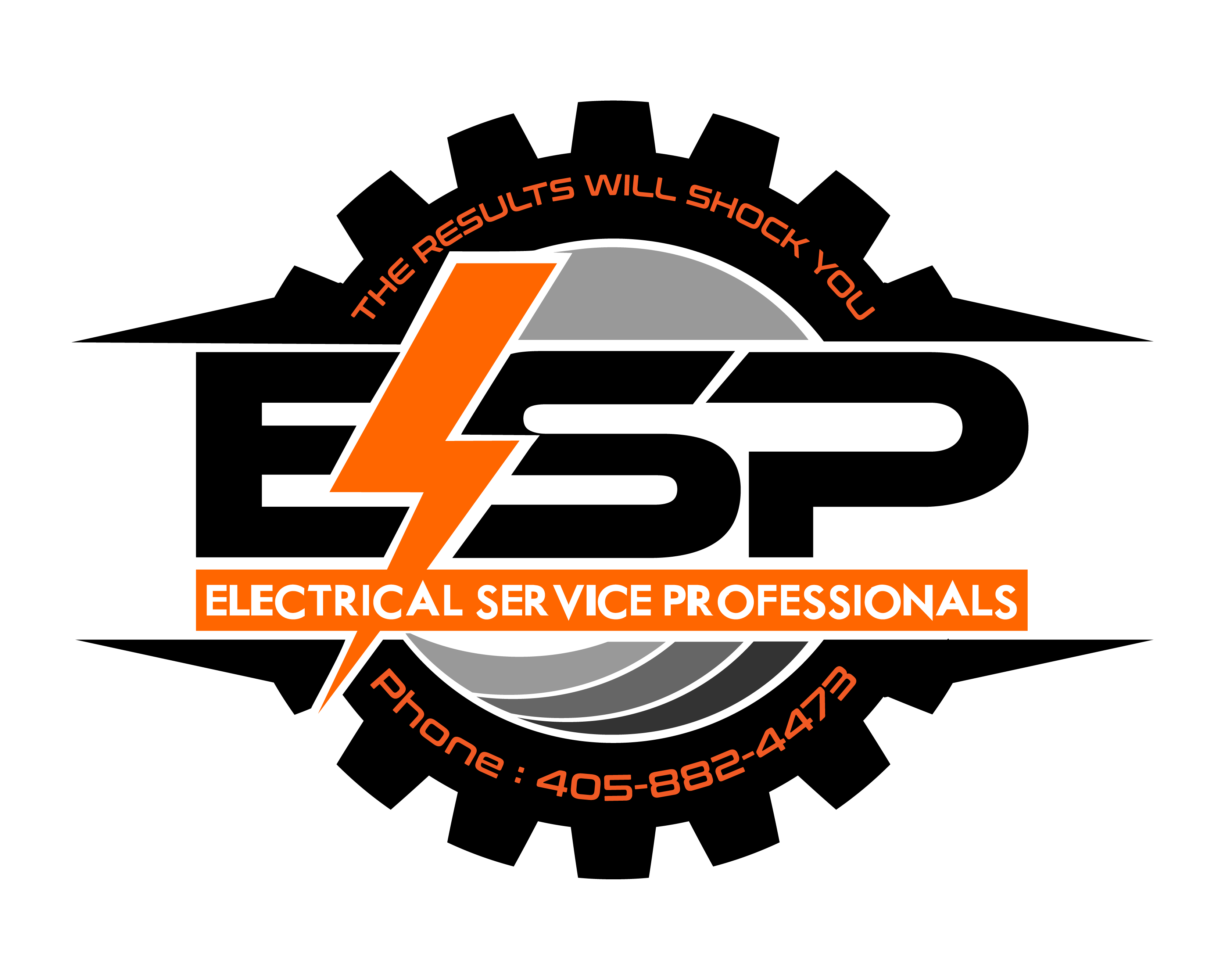
Understanding NEC Code Adoption in Oklahoma: What Homeowners and Contractors Need to Know
In the state of Oklahoma, electrical work isn’t governed by a single, uniform electrical code statewide. Instead, each city or municipality acts as its own Authority Having Jurisdiction (AHJ)—meaning they get to decide which version of the National Electrical Code (NEC) they adopt and enforce. This creates a unique challenge—and responsibility—for electrical contractors and a critical point of awareness for homeowners.
What is the NEC?
The National Electrical Code (NEC) is a set of standards developed by the National Fire Protection Association (NFPA) and updated every three years. It provides comprehensive safety standards for electrical installation and maintenance, aiming to protect people and property from electrical hazards.
While the NEC is a national standard, it is not federal law—states and local jurisdictions must adopt it for it to be enforceable.
Local Adoption in Oklahoma
In Oklahoma, there is no blanket statewide adoption of the most current NEC code. Instead, each city or municipality adopts the code edition it chooses to enforce—which could be the current edition, a previous one, or even a modified version. This means that:
- City A may enforce the 2020 NEC,
- City B may still be on the 2017 NEC, and
- City C may have local amendments or stricter guidelines than what the NEC prescribes.
This decentralized approach makes it vital for electrical contractors to stay updated not only with national standards but also with each city’s adoption policies and code enforcement procedures.
Why Does This Matter for Electrical Contractors?
For licensed electrical contractors in Oklahoma, understanding and complying with the correct version of the NEC code in the city where work is being performed is not optional—it’s essential.
Here’s why:
- Permitting and Inspections: Permits will only be approved if they meet the specific code version adopted by that city.
- Code Violations: Performing work under the wrong code standard can result in failed inspections, rework, and even fines.
- Liability: If something goes wrong due to non-compliance, the contractor could be held liable for damages or safety issues—even if the work meets newer standards not yet adopted locally.
Contractors must also be in close communication with local code enforcement officers to clarify which edition of the NEC is currently in effect and whether there are any local amendments or exceptions.
Why This Matters to Homeowners and Property Owners
For consumers, especially those looking to update or repair electrical systems in their homes or businesses, understanding this structure is just as important.
- City Codes Are Law: Just because something is “up to code” in a neighboring city doesn’t mean it’s acceptable where you live.
- Work Must Comply Locally: If your contractor isn’t familiar with your city’s adopted code, you could end up with delays, extra expenses, or unsafe installations.
- Permit Approval: Cities have the legal right to approve or deny work based on their adopted NEC version. Your project could stall if your contractor is not compliant.
Why Do Cities Adopt Different Code Years?
Cities adopt different NEC versions at their discretion for several reasons:
- Cost of Implementation: Newer codes often require upgraded materials, methods, or technologies that may increase costs for homeowners. Cities may delay adoption to reduce financial burdens on their communities.
- Training and Readiness: Local inspectors and electricians may need time to train on the new code changes.
- Compatibility with Existing Infrastructure: Some cities may have older infrastructure that cannot easily accommodate the latest standards without major investment.
- Administrative Delays: Adopting and implementing a new code often involves city council votes, public hearings, and updates to city ordinances, which can be a lengthy process.
How to Protect Yourself as a Homeowner
Always Hire a Licensed Contractor familiar with your city’s code requirements.
Verify Permit Requirements before beginning any work.
Ask Which NEC Code Version Is Being Followed to make sure your project aligns with your city’s requirements.
Get Everything in Writing, including code compliance and inspection guarantees.
Final Thoughts
Navigating Oklahoma’s patchwork approach to NEC code enforcement can seem overwhelming, but it’s rooted in giving each city the flexibility to serve its residents best. For contractors, this means staying sharp and local. For homeowners, it means hiring professionals who are educated, experienced, and committed to code compliance.
Whether you’re planning a remodel, a repair, or a new installation—make sure your contractor is dialed into your city’s standards. It’s not just about passing inspection—it’s about protecting your home and your investment.



ESP is an Oklahoma- based, family-owned, woman-led, full-service electrical enterprise that provides outstanding residential, commercial, and industrial electrical services throughout Oklahoma.
OK License #056923, OK License Roofing #800006329
Mon-Fri: 24 Hours | Saturday – Sunday: 1PM – 5PM
(405)882-4473
Mailing: 12444 NW 10th ST. STE 202 #152 Yukon, OK 73099
